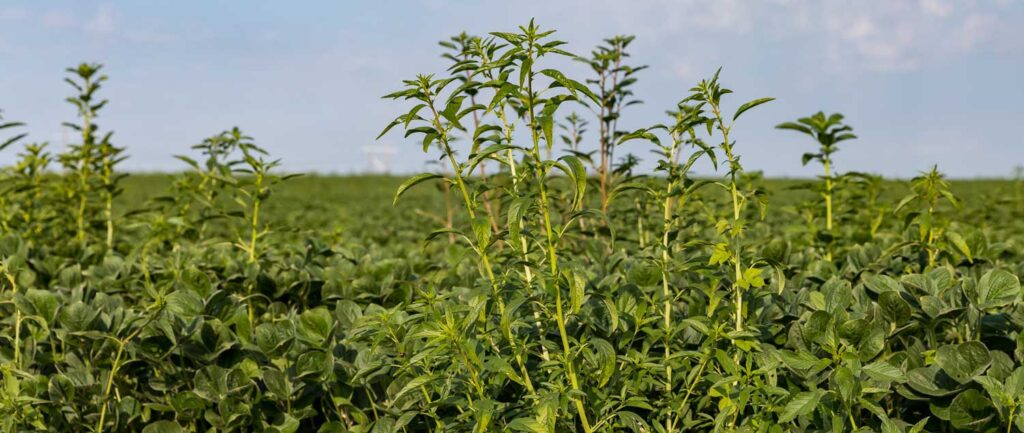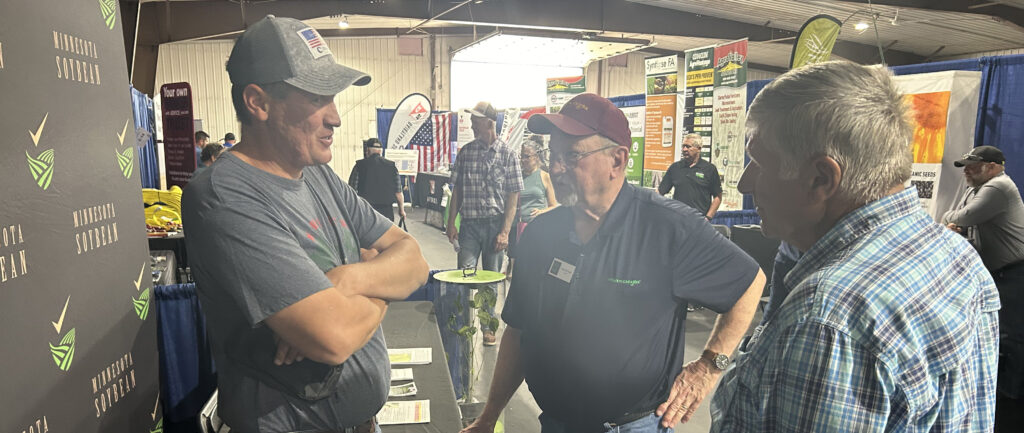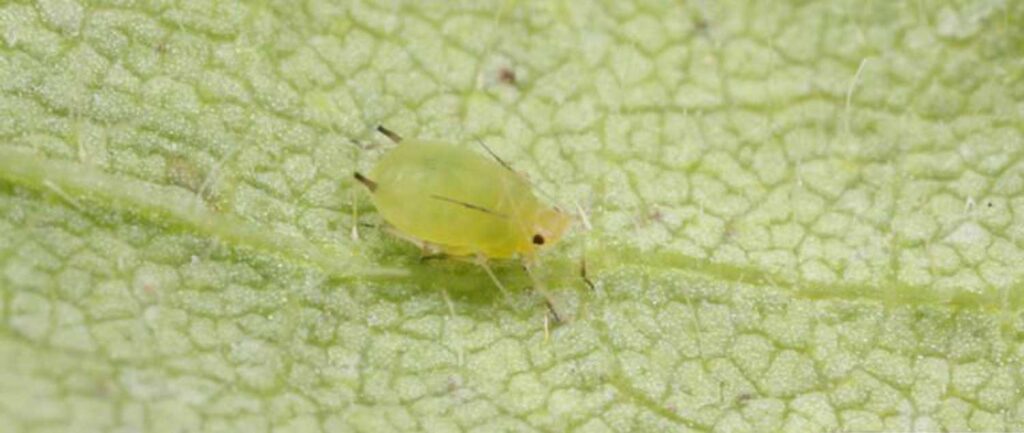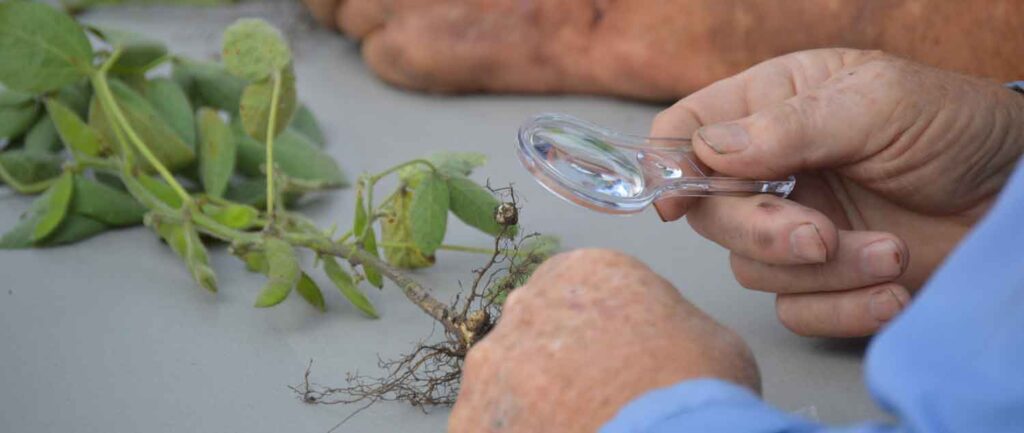Bayer and MS Technologies recently announced the release and licensing of the LibertyLink® GT27™ technology (LLGT27) this past summer. As part of the Monsanto merger, Bayer divested this product line to BASF. Nationwide, several seed companies are marketing the genetic event as a new solution to an ever-growing glyphosate tolerant weed problem.
Varieties utilizing this technology will be tolerant of post-emergent applications of Liberty (glufosinate) and Roundup (glyphosate). These attributes alone will make it a useful tool for soybean producers.
Soybean growers need options in this battle. However, much like with the dicamba rollout, the GT27 (HPPD tolerance, Group 27) genetic event comes with an issue of having a potential solution without legally labeled HPPD herbicide available for use.
LLGT27 soybeans will also tolerate a yet-to-be-approved HPPD compound. However, tolerance exists for only one HPPD active ingredient, isoxaflutole (IFT). BASF professionals explained exposure of any other HPPD compounds might, compound-dependent, produce significant damage to the LLGT27 soybeans. EPA approval of the isoxaflutole compound is anticipated to occur by late December 2018. Once approved, this BASF IFT product would be labeled for pre-emergent application only.
In scientific studies, the IFT herbicide has been used as a pre and post-emergent treatment with no visible impact on the LLGT27 soybean. It has also been successfully used as a post emergent treatment to control small waterhemp (<4 inches tall). We should remember how adaptive waterhemp becomes. There are already current populations of waterhemp in Illinois cornfields that are HPPD resistant.
Due to ground water contamination problems, isoxaflutole herbicides are not labeled for use in all Minnesota counties. Balance FlexxTM, a common isoxaflutole herbicide, can only be applied south of I-94, with the exception of 10 southeastern Minnesota counties (Dakota, Dodge, Fillmore, Goodhue, Houston, Mower, Olmsted, Rice, Wabasha, Winona counties). Representatives from the Minnesota Department of Agriculture feel any new isoxaflutole product will have similar limitations.
Some growers and sales force might think the HPPD tolerance would limit damage from HPPD drift out of corn onto adjoining soybean. Nevertheless, as previously discussed, that tolerance would be HPPD compound dependent. The response of LLGT27 soybeans to HPPD soil residual would also be variable dependent on the previously used HPPD active ingredient.
Kim Nill, Minnesota Soybean’s director of market development, says another issue becomes apparent.
“As there is currently no legally labeled HPPD herbicide for soybeans, a maximum residue level (MRL) for HPPD compounds in harvested soybeans would be zero,” he says.
BASF officials state, “We have achieved all of our key import approvals in order to initiate commercialization – including approval in the Philippines, China and the EU.” However, the herbicide, once thought to be commercialized by 2017, is still awaiting approval by the Environmental Protection Agency and other international regulatory agencies. Until said time, soybean HPPD MRL will remain zero.
Discovery of illegal pesticide residues in the grain, regardless of source, would subject the crop to condemnation. All grain, not only that from the treated crop, stored with it would be subject to condemnation. The applicator would be subject to penalties for violating the pesticide label. Given the current trade issues, misuse of this technology could result in substantial economic damage to soybean growers.
The genetic event (the seed) is currently being marketed to growers as a new weed control option. However, the message among the different companies, is complex and non-uniform. Thus, due to a variety of factors – the complexity of utilization of the genetic event, the lack of an available HPPD herbicide for this event and potential market risk – Minnesota Soybean’s advice to growers remains: “Buyer beware!”
This article was written by Minnesota Soybean’s Director of Research David Kee. He can be reached at david@mnsoybean.com or 507-388-1635.
Relevant Literature:







